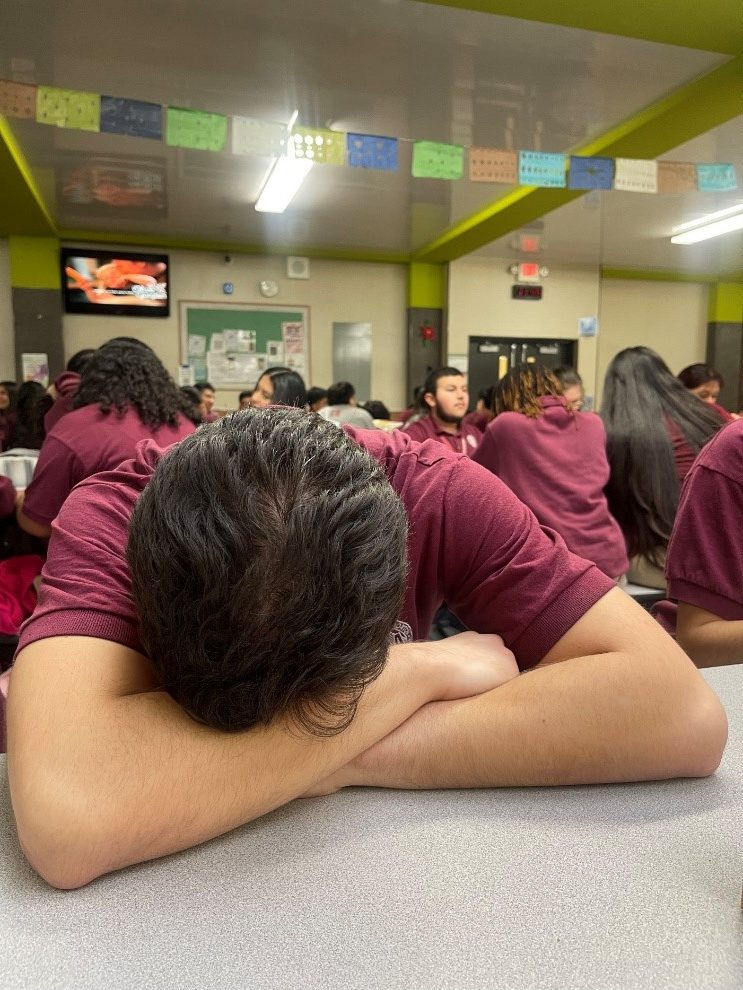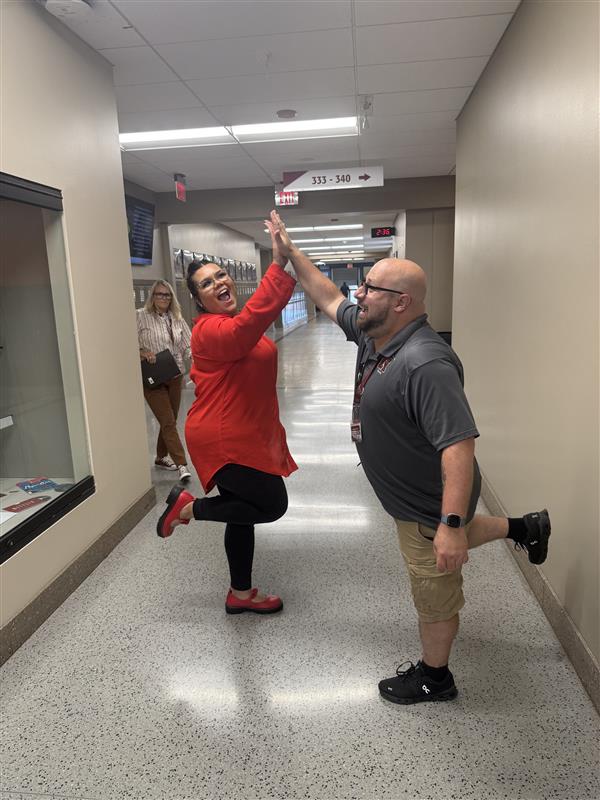Sleep has proven to affect daily life activities and how your mind and body function, nevertheless, most high schoolers are not getting enough sleep every night due to both biological and environmental factors.
Nationwide Children’s shares how most teenagers are getting between seven and seven and a half hours of sleep every night, around two hours under of what most teens need, causing sleep deprivation.
“I think we need seven hours (of sleep), but I usually get around five or six regularly on school nights,” senior Anahi Salgado said.
Circadian rhythms, the cycle that the human body’s internal clock goes through every 24 hours between stages of alertness and sleepiness, is part to blame for the sleep deprivation in teens.
“After puberty, there is a biological shift in an adolescent’s internal clock of about 2 hours, meaning that a teenager who used to fall asleep at 9:00 PM will now not be able to fall asleep until 11:00PM. It also means waking 2 hours later in the morning,” Nationwide Children’s explains.
Therefore, students are falling asleep later, and not able to get adequate sleep because of the early start times that most high schools have.
“I think that students may not have a good sleep schedule due to a lot of reasons – not prioritizing sleep, stress, anxiety, and/or using technology,” counselor Leah McDonald said.
Although biology does affect students’ sleep schedules, technology is known for its ability to postpone bedtimes, either because students want to be entertained with games or shows, social media, etc.
“I feel like half of students do their work late, so they sleep late. And the other half, they just stay up on their phones, like me, I think that’s why it’s very hard for me to fall asleep,” Salgado stated.
Harvard Summer School describes how sleep deprivation not only negatively affects attention, focus, and memory, all of which are key to retain the information that students need to academically succeed, but it also increases the risk of which students are to developing mental health issues such as depression and anxiety.
“It is so important to get adequate sleep in order to be fully functioning and able to focus the next day. Lack of sleep can lead to more stress and even health issues overtime,” McDonald said.








